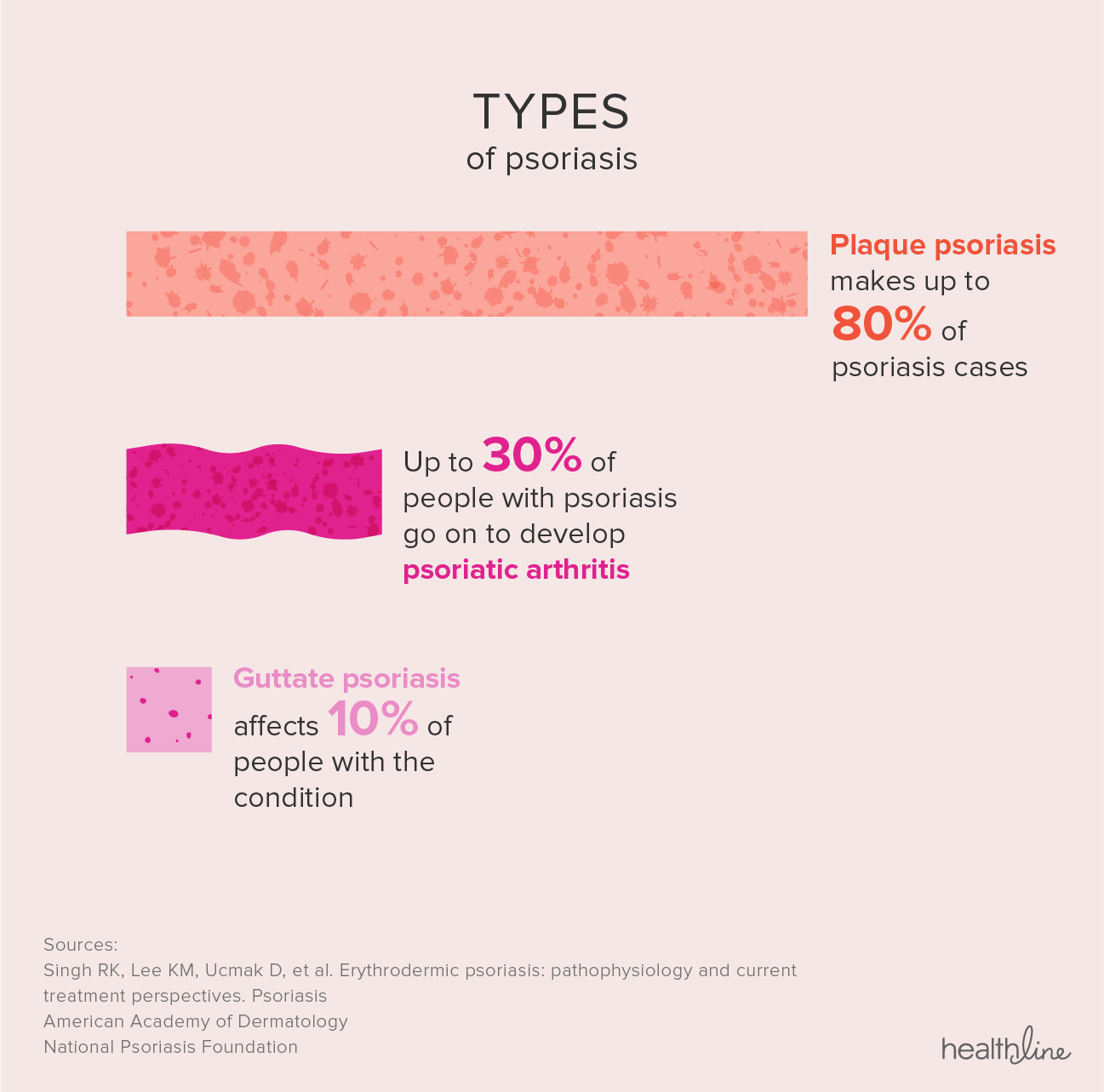Amidst The Myths About Acne, Discover The Surprising Truths That Might Change Your Skincare Routine For Life. What Truly Creates Your Breakouts?
Amidst The Myths About Acne, Discover The Surprising Truths That Might Change Your Skincare Routine For Life. What Truly Creates Your Breakouts?
Blog Article
Content Writer-Haney Morse
You might believe that delighting in chocolate or greasy foods is the root cause of your acne, yet that's simply among numerous myths swirling around this common skin problem. As a matter of fact, acne primarily comes from blocked hair roots, not your last treat. is botox bad for you like these can lead you to take on inadequate skin care practices that may even worsen your situation. As you browse the facts behind acne, you'll uncover insights that could transform your approach to skin care and help you accomplish more clear skin. So, what actually lies under the surface area?
Common Myths Regarding Acne
When it involves acne, many individuals rely on typical myths that can result in confusion and irritation. One widespread misconception is that eating delicious chocolate or greasy foods causes acne. While diet can influence skin health, the direct web link between specific foods and acne isn't as precise as many believe.
Another typical mistaken belief is that you should scrub your face intensely to improve outbreaks. In reality, hostile scrubbing can irritate your skin and worsen acne.
You could likewise think that acne only affects young adults, yet adults can experience it also, typically as a result of hormone adjustments or stress and anxiety. Some individuals think that tanning can clean up acne, but sun direct exposure can in fact lead to skin damage and get worse breakouts over time.
Finally, many think that utilizing severe items will remove acne promptly. Nevertheless, these products can strip your skin of its natural oils, leading to boosted irritability and even more breakouts.
Scientific Details Behind Acne
Understanding the scientific facts behind acne can empower you to tackle this common skin disease better.
Acne occurs when hair roots become blocked with oil, dead skin cells, and bacteria. This procedure frequently begins with an overflow of sebum, the oil your skin naturally creates. Hormonal modifications, especially during adolescence or menstruation, can cause this excess oil.
Microorganisms known as Propionibacterium acnes flourish in these stopped up pores, bring about swelling. When your body immune system responds, it can create redness and swelling, resulting in those bothersome acnes or cysts.
Genetics also play a role; if your moms and dads had acne, you might be more prone to it.
Diet plan and stress degrees can affect acne too, yet study is still evolving in these areas. While indulging in greasy foods won't directly cause outbreaks, a well balanced diet regimen can support your skin health and wellness.
Likewise, managing anxiety can decrease hormonal fluctuations that may aggravate acne.
Tips for Taking Care Of Acne
Taking care of acne properly calls for a combination of daily skin care behaviors and lifestyle modifications. Beginning by establishing Read Much more . Cleanse your face two times a day with a gentle, non-comedogenic cleanser to eliminate dirt and excess oil. Avoid scrubbing too hard, as this can aggravate your skin and intensify acne.
Next, incorporate products consisting of salicylic acid or benzoyl peroxide to help stop breakouts. Always follow up with a light-weight, oil-free moisturizer to keep your skin hydrated. Do not fail to remember sunscreen; go with non-comedogenic choices to secure your skin from UV damages without obstructing pores.
Beyond skin care, take notice of your diet regimen. Limitation sugary and oily foods, and focus on fruits, veggies, and whole grains. Remaining moisturized is essential, so drink lots of water throughout the day.
In addition, handle tension via activities like yoga exercise, reflection, or exercise, as stress and anxiety can cause outbreaks.
Lastly, stay clear of choosing or popping acnes. This can result in scarring and further inflammation. If your acne persists, seek advice from a skin doctor for tailored therapy choices.
Final thought
In conclusion, it's necessary to different reality from fiction when it involves acne. By disproving common misconceptions, you can much better understand your skin and make educated choices for your skincare regimen. So, why remain to believe in out-of-date ideas when the fact can empower you? Welcome healthier practices, focus on gentle cleaning, and remember that managing acne is a trip. With the appropriate knowledge, you're one action better to clearer, healthier skin.
